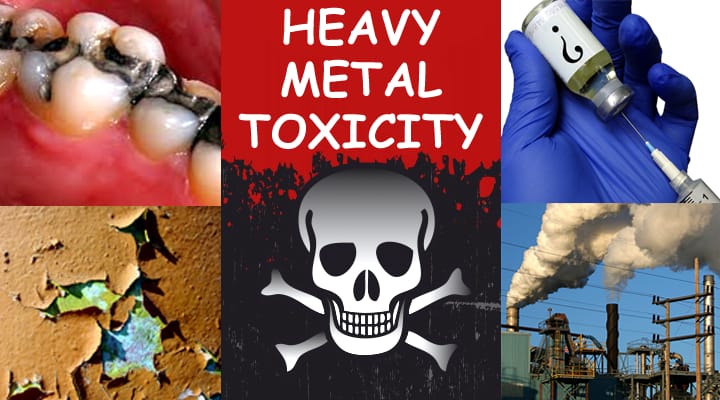Q: How does mercury affect health, and can mercury toxicity be treated?
A: Mercury affects health by interfering with enzyme activity. Since enzymes are involved in virtually every biochemical process in the body, many symptoms can result from mercury toxicity. These symptoms are described in the article on MSDS of mercury below.
Mercury enters the body through inhalation and absorption through the gastrointestinal tract and skin. It has been detected in the pituitary, spleen, thyroid, adrenals, kidney, liver, lymphatics, and brain. Genetic damage and birth defects can also result from mercury toxicity. Some individuals are genetically unable to excrete mercury, resulting in its accumulation in the body.
Depending on its form, mercury has a half-life of three to 60 days in the blood and, once in the brain, it has no known half-life. Half-life is the time required for half the quantity of a substance deposited in a living organism to be eliminated by natural body processes. Mercury levels in the brain don’t significantly decrease over time. Mercury toxicity is diagnosed by analysis of a urine collection following administration of a drug that chelates mercury. Blood levels of mercury are unreliable for diagnosis.
The medical treatment of mercury toxicity varies by age and the state of health of the affected person, and includes various chelating agents that are known to react chemically with mercury to assist in its removal from the body. Treatment usually extends over a long period of time. The safe removal of “silver” amalgams by a biologically trained dentist prior to treatment is necessary.
I cannot in good conscience recommend that any child receive vaccinations preserved with Thimerosal, that a person of any age use their mouth as a storage facility for new mercury amalgam fillings, or that a person eat mercury toxic fish including tuna and swordfish.








